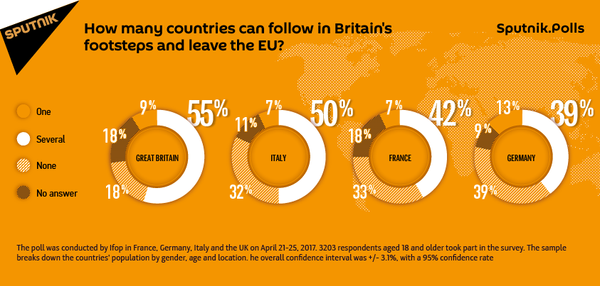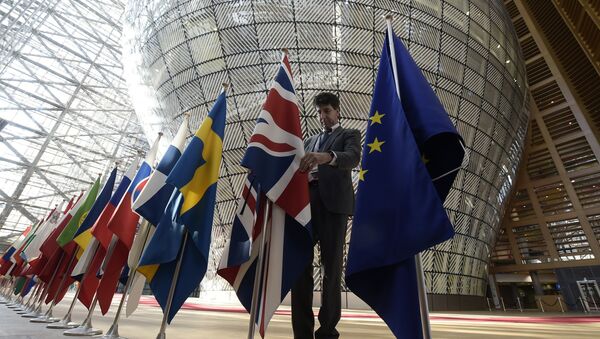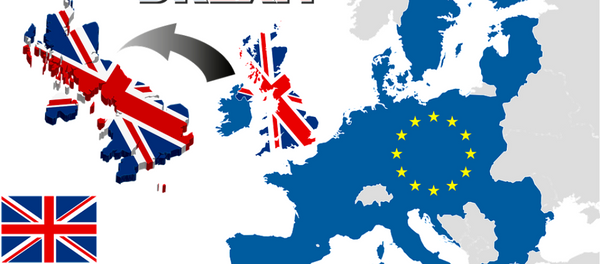The EU leadership creates such conditions that small countries, such as Hungary, have to grapple with different forms of pressure and threats if they refuse to adhere to the EU's mainstream policy.
"Minor EU countries face a dilemma: whether to face big problems or to agree with the imposed policy. In this vein, only leading EU states can resist this. Even if we look at Britain, for example, we will see that the changes there are more cosmetic [than comprehensive]. Namely, the UK decided to withdraw from the EU, but it did not give up its Euro-Atlantic course," Andjelkovic said.
#Brexit vote took place 1 year ago today. Few in other EU countries we polled want to leave https://t.co/0AT4jqyJ7Z pic.twitter.com/eWhXVyyyWW
— Richard Wike (@RichardWike) 23 июня 2017 г.
So, we have the following situation: the states of the "second row" are frightened and will not leave the EU, while the elites of the leading EU countries, including France and Germany, have again managed to deceive the citizens and impose anti-national positions, according to Andjelkovic.
"As a result, most people continue to believe the mainstream media and speculate extremely superficially, thinking only of the short-term consequences of being in the EU, and not even considering long-term implications. In other words, this is a situation where one cannot see the forest for the trees," he concluded.
Friday marks the first anniversary of the Brexit referendum, in which the majority of UK citizens supported a decision to end its membership in the European Union.
Against the backdrop of the referendum, the government of UK Prime Minister Theresa May officially launched the Brexit process on March 29.

Meanwhile, an Ifop poll for Sputnik revealed on Thursday that 52 percent of German respondents and 57 percent of respondents from Italy, along with 64 percent of Britons believe that at least one EU member state could leave the 28-nation bloc in the next several years.
The survey added that at the same time 39 percent of Germans, 33 percent of the French citizens, 32 percent of respondents from Italy as well as 18 percent of UK respondents said that no one country would follow the United Kingdom in its decision to secede.
Sputnik launched the Sputnik.Polls project in January 2015 to conduct polls in Western Europe and the United States in cooperation with the leading research companies Populus, Ifop and Forsa. The project involves regular surveys on high-profile social and political issues.






